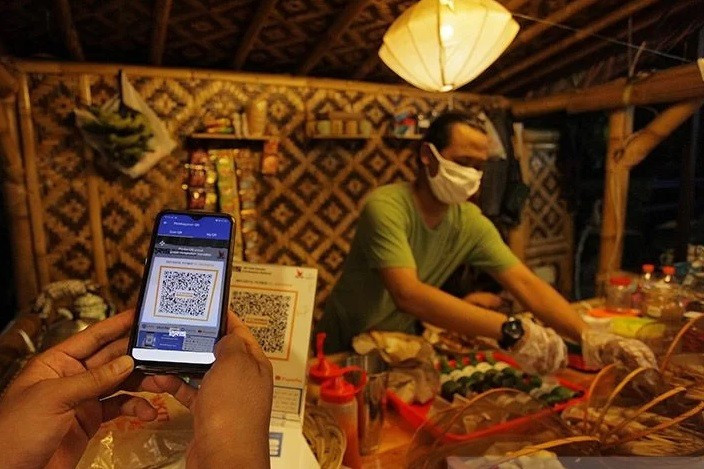Popular Reads
Top Results
Can't find what you're looking for?
View all search resultsPopular Reads
Top Results
Can't find what you're looking for?
View all search resultsPoor mining oversight
The combination of inadequate institutional capacity, greed and corruption resulted in the issuance of thousands of overlapping mining concessions.
Change text size
Gift Premium Articles
to Anyone
B
y the end of his administration’s first year in 2015, President Joko “Jokowi” Widodo had ordered the revocation of nearly 4,000 mining licenses, mostly for coal, which were found to be legally ill-defined or environmentally problematic. The licenses had been issued by regency and provincial administrations, which had been granted the authority to award mining licenses under the 2009 Mining Law.
Last week, Jokowi ordered the revocation of a further 2,078 coal mining licenses and 234 forest and plantation concessions, covering nearly 4 million hectares, mostly outside Java, for failures to fulfill regulatory requirements. Many of the annulled licenses were issued more than a decade ago.
Is this bold measure a dramatic improvement in the oversight and governance of our natural resources?
The answer is no. The latest wave of mining and forestry closures was triggered by a recent coal supply crisis at major power plants in Java, which in turn was caused by the government’s failure to enforce coal producers’ domestic market obligations. The coal supply crisis, which threatened power outages for 10 million customers, was caused by an acute lack of supervision.
The government’s oversight and governance of natural resources has remained deeply insufficient even following the restoration of mine licensing authority to the central government in 2014.
The combination of inadequate institutional capacity, greed and corruption resulted in the issuance of thousands of overlapping mining concessions, many of which contravened other laws, especially those on forestry and the environment.
The Corruption Eradication Commission (KPK) found in April 2014, after eight months of study and field surveys, an acute lack of oversight and massive tax evasion within the coal industry. The study found that 725 of 3,826 mining companies were not even registered as taxpayers and discovered a wide discrepancy between coal production data gathered by local administrations and by Statistics Indonesia.
Most regents and provincial governors simply used their mine licensing authority as a cash cow to fund their elections.
The reason behind the latest round of license revocations is not a lack of regulation but rather utterly inadequate oversight, transparency and accountability within the natural resources sector. The sector has instead been overly regulated as officials and politicians have used the extractive industries to fill their personal coffers.
The central government and regional administrations must be fully transparent in mineral and forestry licensing. The criteria for allocating rights should be clearly defined and disclosed to the public, as well as the roles and responsibilities of the government and local administrations in granting such licenses.
Governance has always been the key challenge facing the extractive sector in this country. The coal supply crisis that began late last year provides an opportune moment to introduce greater transparency in the management of natural resources. Full transparency in licensing rules and procedures will enable civil society groups and NGOs to help the government oversee extractive industries, reduce the risk of corruption and attract respectable mining companies.











